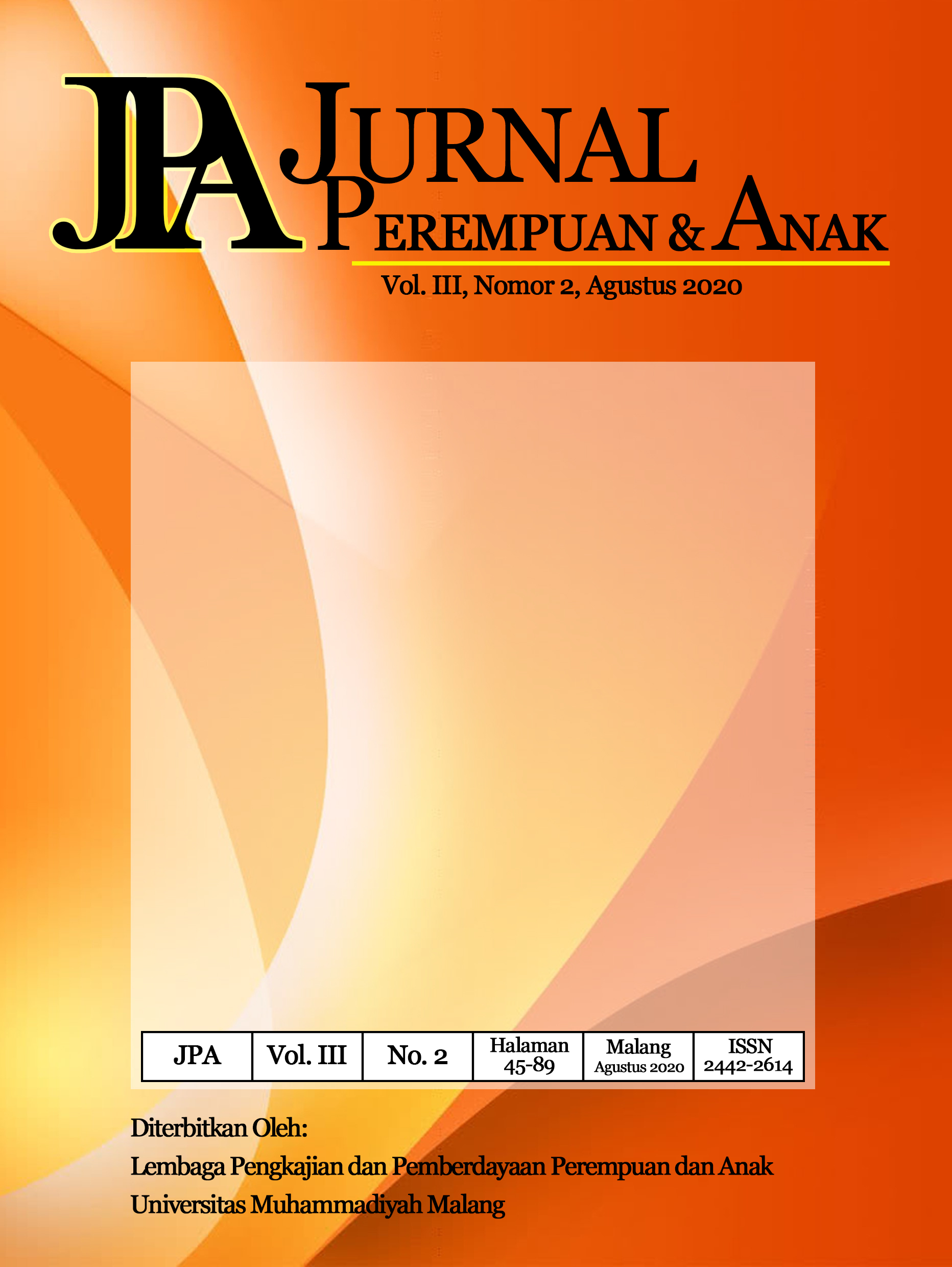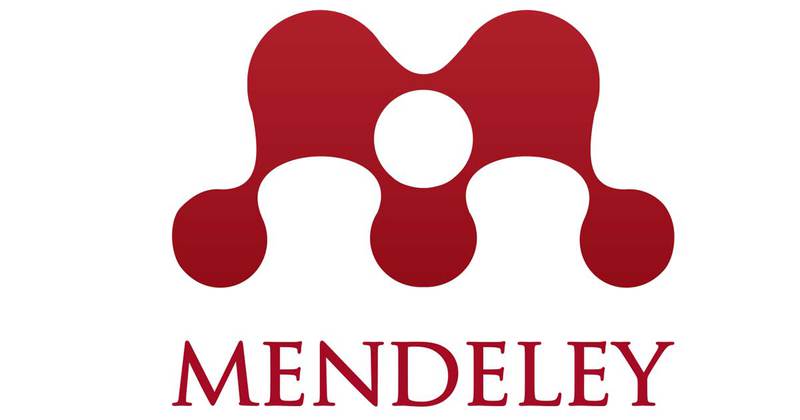Sharpening Logical Thinking Ability Through Game Application Development Activities in Adolescents
DOI:
https://doi.org/10.22219/jpa.v3i2.14583Keywords:
adolescent, game development, hisbul wathan, logical thinking skillAbstract
One of the main capitals in the era of industry 4.0 is creative Human Resources. Creativity here means the ability to always innovate and be able to provide intelligent solutions of problems that arise in the community. Youth as the nation's greatest asset must continue to be encouraged to hone its creativity. Developing game apps is one way to hone this creativity. Because when creating a game app, one is required to imagine, but it remains logical. Hisbul Wathan, as one of the scouting organizations in Indonesia, which fosters the younger generation, is expected to play an active role in the development of Industry 4.0. Therefore, in this Community Service activity, will be given training on the creation of game applications to hone the logical thinking skills of hisbul wathan scouting movement cadres, especially for Kwarda Kota Batu.Downloads
References
S. R. Noer Hodijah, R. Sudiana, and D. Murni, “The Effectiveness of Scaffolding Based Virtual Class to Improve Student’s Logical Thinking Ability,” J. Penelit. dan Pembelajaran IPA, vol. 4, no. 1, p. 51, 2018, doi: 10.30870/jppi.v4i1.3041.
P. K. Nashiroh, W. Kamdi, and H. Elmunsyah, “The effectiveness of web-programming module based on scientific approach to train logical thinking ability for students in vocational high school,” AIP Conf. Proc., vol. 1887, 2017, doi: 10.1063/1.5003551.
R. N. Prasetyono and R. C. S. Hariyono, “Development of flipbook using web learning to improve logical thinking ability in logic gate,” Int. J. Adv. Comput. Sci. Appl., vol. 11, no. 1, pp. 342–348, 2020, doi: 10.14569/ijacsa.2020.0110143.
A. Pressman, T. Ramdass, P. Walls, V. Ford, and V. Turygina, “Utilizing Virtual Reality Game Design to Improve Problem Solving and Logical Thinking Skills.”
M. H. Ash-Shiddieqy, A. Suparmi, and W. Sunarno, “The effectiveness of module based on guided inquiry method to improve students’ logical thinking ability,” J. Phys. Conf. Ser., vol. 1006, no. 1, 2018, doi: 10.1088/1742-6596/1006/1/012001.
R. Lusiana and T. Andari, “The Development of Introduction for Basic Mathematics Based Structured Tasks Textbook to Improve the Ability of Logical Thinking,” Icmeta, vol. 1, pp. 84–94, 2017.
M. G. Ristiana, E. Istianah, and D. F. Pratama, “Adversity quotient and logical thinking skills of prospective primary school teachers,” J. Phys. Conf. Ser., vol. 1657, p. 012002, 2020, doi: 10.1088/1742-6596/1657/1/012002.
K. Dan and K. Siswa, “Pengaruh Ekstrakurikuler Pramuka Terhadap Kedisiplinan dan Kemandirian Siswa,” Joyf. Learn. J., vol. 7, no. 1, pp. 70–78, 2018, doi: 10.15294/jlj.v7i1.25027.
W. dan A. S. Suryanto, Eko, “Pembentukan Karakter Kerja Keras Pada Siswa Melalui Kegiatan Hizbul Wathan (Studi Kasus di SMK Muhammadiyah 2 Sukoharjo),” vol. 20, no. 1, pp. 22–31, 2017.
Y. Pratama, “KEPERCAYAAN DIRI DAN KOHESIVITAS PESERTA DIDIK,” vol. 2, no. 2, pp. 33–43, 2020.
Downloads
Published
How to Cite
Issue
Section
License
Copyright (c) 2020 Yufis Azhar, Dwi Anggraini Puspita Rahayu, Wildan Suharso

This work is licensed under a Creative Commons Attribution-ShareAlike 4.0 International License.
Authors who publish with Jurnal Perempuan dan Anak (JPA) agree to the following terms:
- For all articles published in Jurnal Perempuan dan Anak (JPA), copyright is retained by the authors. Authors give permission to the publisher to announce the work with conditions. When the manuscript is accepted for publication, the authors agree to automatic transfer of the publishing right to the publisher.
- Authors retain copyright and grant the journal right of first publication with the work simultaneously licensed under a Creative Commons Attribution-ShareAlike 4.0 International License that allows others to share the work with an acknowledgment of the work's authorship and initial publication in this journal.
- Authors are able to enter into separate, additional contractual arrangements for the non-exclusive distribution of the journal's published version of the work (e.g., post it to an institutional repository or publish it in a book), with an acknowledgment of its initial publication in this journal.
- Authors are permitted and encouraged to post their work online (e.g., in institutional repositories or on their website) prior to and during the submission process, as it can lead to productive exchanges, as well as earlier and greater citation of published wor (See The Effect of Open Access).
This work is licensed under a Creative Commons Attribution-ShareAlike 4.0 International License








